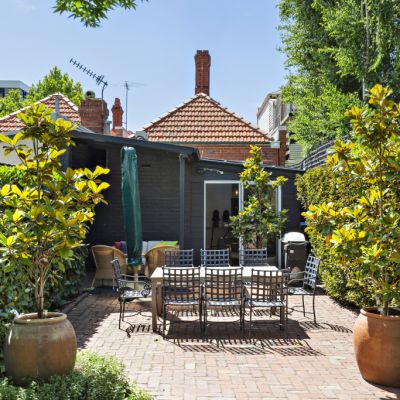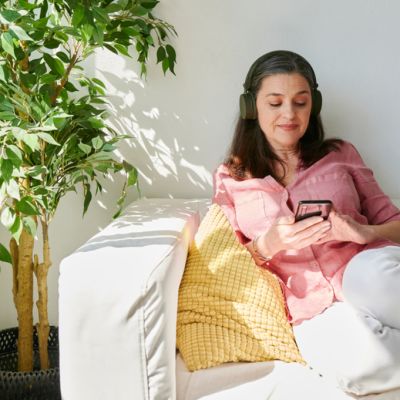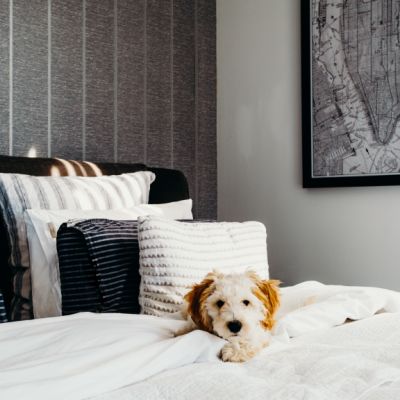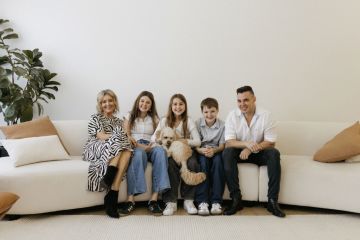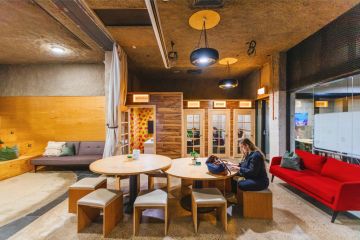Five easy ways to give your home a wellness upgrade
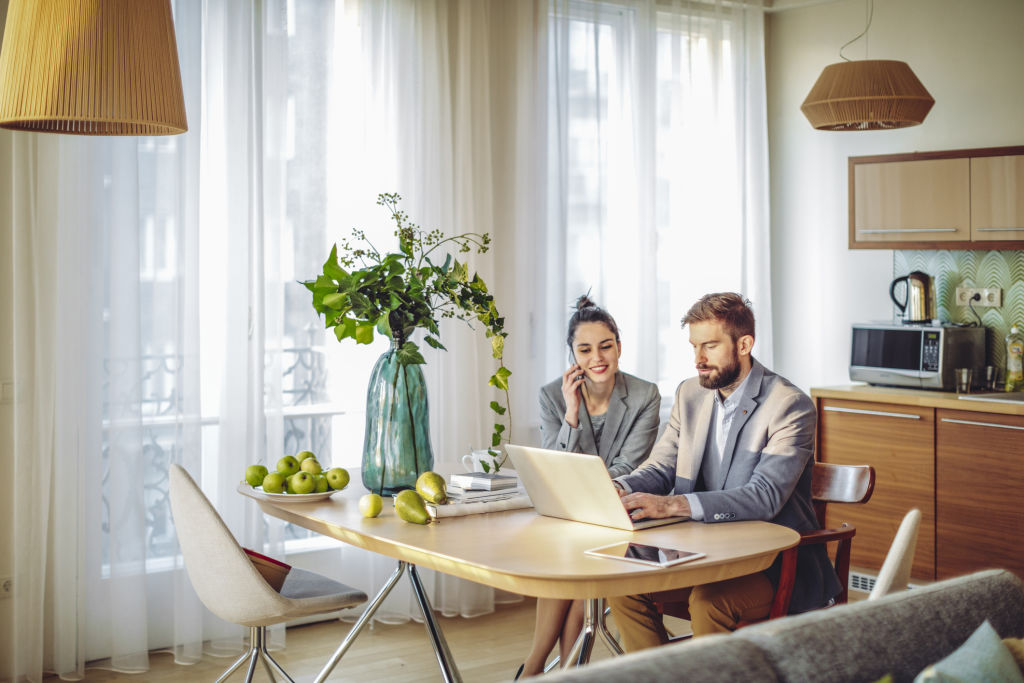
It has been the year of unprecedented change in most facets of daily life, not least the environment in which we work. Since the COVID-19 shutdowns began in early 2020, almost 50 per cent of the Australian workforce has spent at least part of their time in a new office norm – in the home. During this time, the benefits of remote work life for both employers and employees have become increasingly apparent.
So much so, experts believe, that a significant proportion of the population will remain in the at-home workforce in a post-COVID world. In the foreseeable future, too, many of us may also find ourselves continuing to share our home-office space with family members or housemates.
For this reason, it has never been more important that our home is not just a sanctuary, but a healthy one. And, it seems giving the house a wellness renovation may be easier than we think.
Melanie Beynon, of Melanie Beynon Architecture & Design, is passionate about devising healthy solutions for residential and hospitality projects, which have included collaborating on ground-breaking Melbourne wellness centre and cafe Willow Urban Retreat.
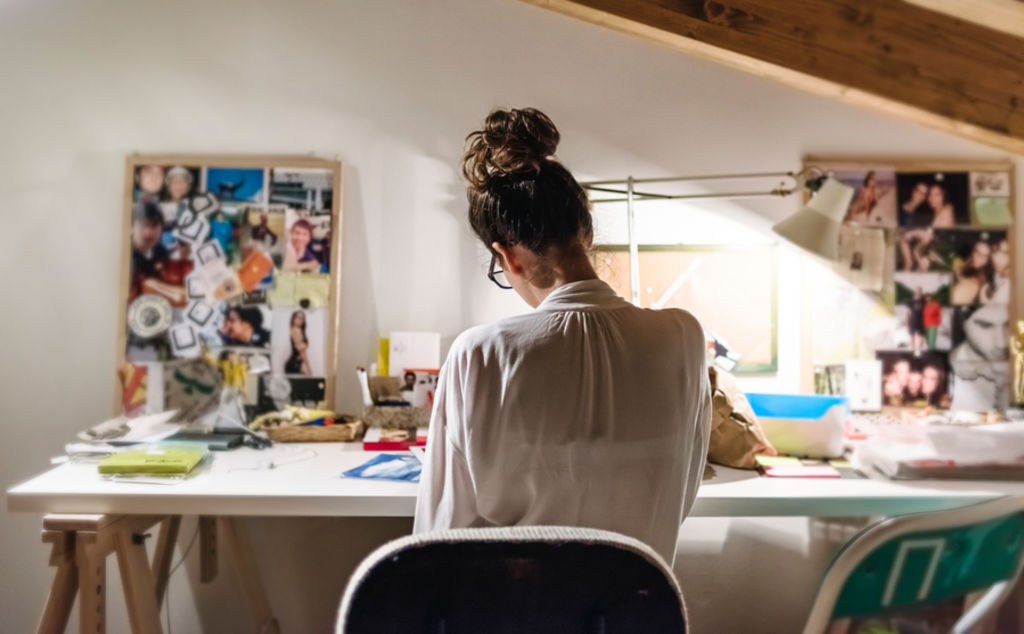
According to Beynon, a light and airy home linked to the outdoors fosters a strong sense of wellbeing.
“Natural light is paramount,” she says. “A break from the artificial blue glow of our screens – a view to green space, to vegetation, planting and sky – provides a sense of perspective and connection to the outside world.
“Efficient, well-planned air circulation is also vital in the home,” Beynon says. “I find a fan is helpful to move air around in the evening. And, opening up the house to natural air flow in the morning clears away the stale night air.”
When it comes to artificial lighting, it seems less can mean more for a healthier home.
“Indirect lighting is the preferred lighting method for softer, warmer environments,” says Beynon. “We’re all attracted to dimly yet purposefully lit spaces to encourage the intimate energy we’ve been missing in covid time. Having said that, warm-white task lighting directed to a task-oriented area like a countertop or a desk is paramount for healthy eyesight and work efficiency.”
A home in which clutter is kept at bay sets the tone for a calmer and clearer mindset, as Beynon can attest from recent personal experience.
“Whilst home-schooling and working from home, not to mention renovating at the same time, it was good storage – and wine – that got us through,” she reveals, with a laugh. “Joinery might be the most expensive cost to any build, but a well-ordered household can maintain sanity.”
Five easy ways to give your home a wellness renovation
According to certified building biologist Bronwyn Bennett, director of Creating Healthy Spaces, improving the health of the home begins with a few simple and affordable steps. Here are Bennett’s top tips:
Shoes off
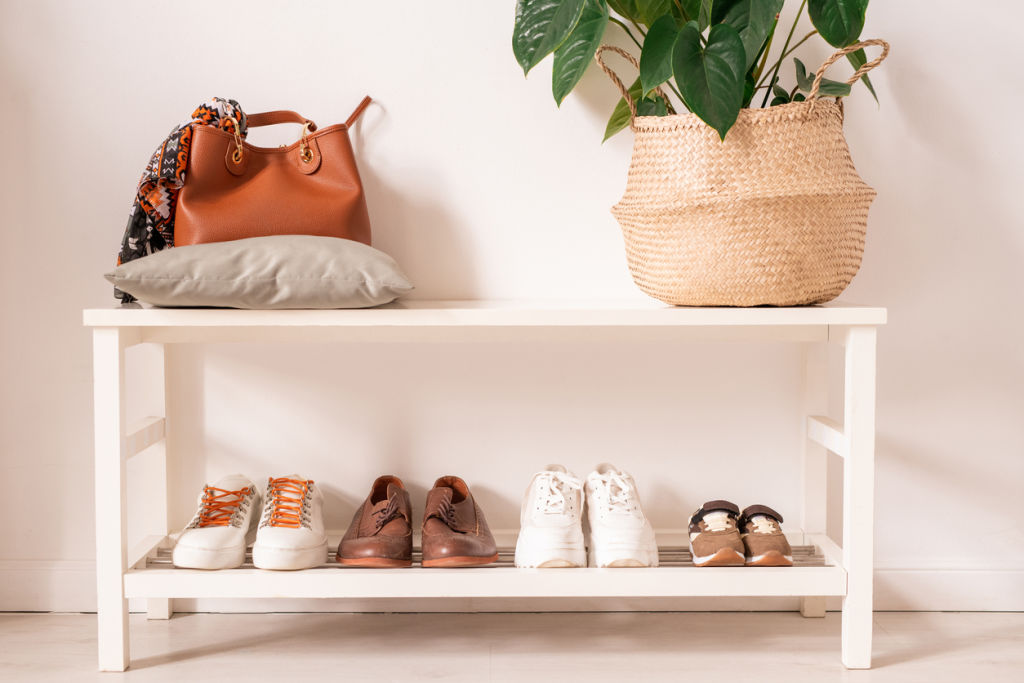
“The easiest ‘step’ in reducing the toxins and chemicals entering your home is to remove your shoes at the front door and leave nasties – such as pesticides and germs – outside,” says Bennett. “Place a shoe rack at the front door for easy storage.”
Eliminate dust
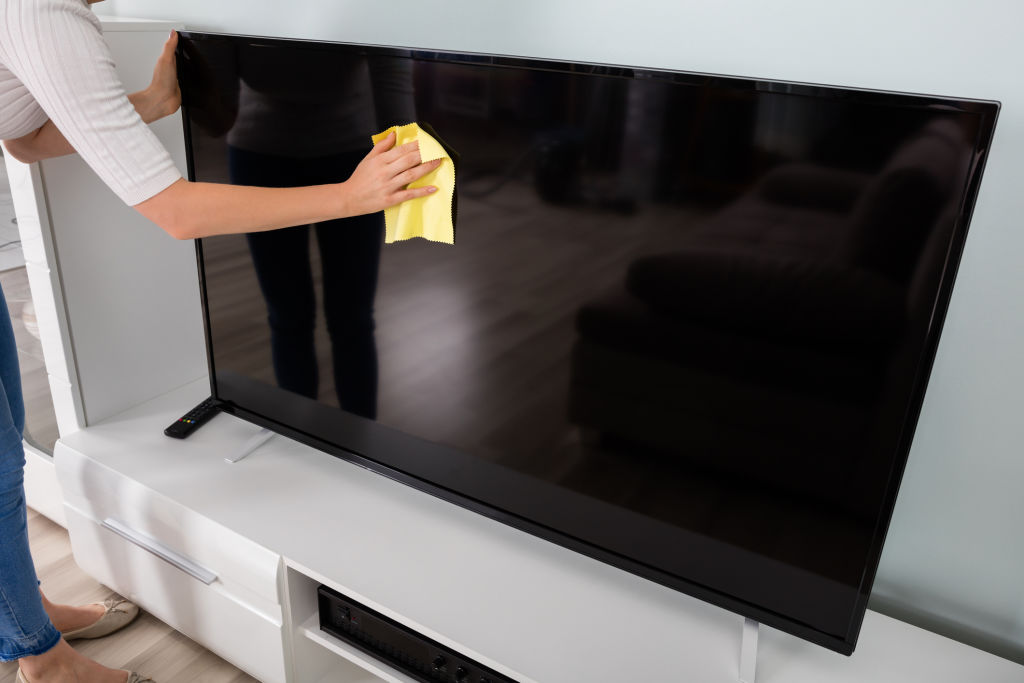
“The way in which we clean our home is a major factor in creating a healthy home. ‘Wet dusting’ with a damp cloth removes the dust in your home rather than just circulating it back into the air. Avoid sweeping floors – use a microfibre broom or mop that catches the dust or vacuum your hard surfaces. Invest in an air purifier with an HEPA filter to do the work for you.”
Go natural

“Be mindful of the chemicals that are brought into the home,” says Bennett. “Advertising would have us believe that we need chemicals to disinfect our homes, and this is just not true. Take stock today, open your cupboards and swap nasty toxins for healthier alternatives. And buy an indoor plant that improves your indoor air quality, such as mother-in-law’s tongue, peace lily or boston fern.”
Remove mould
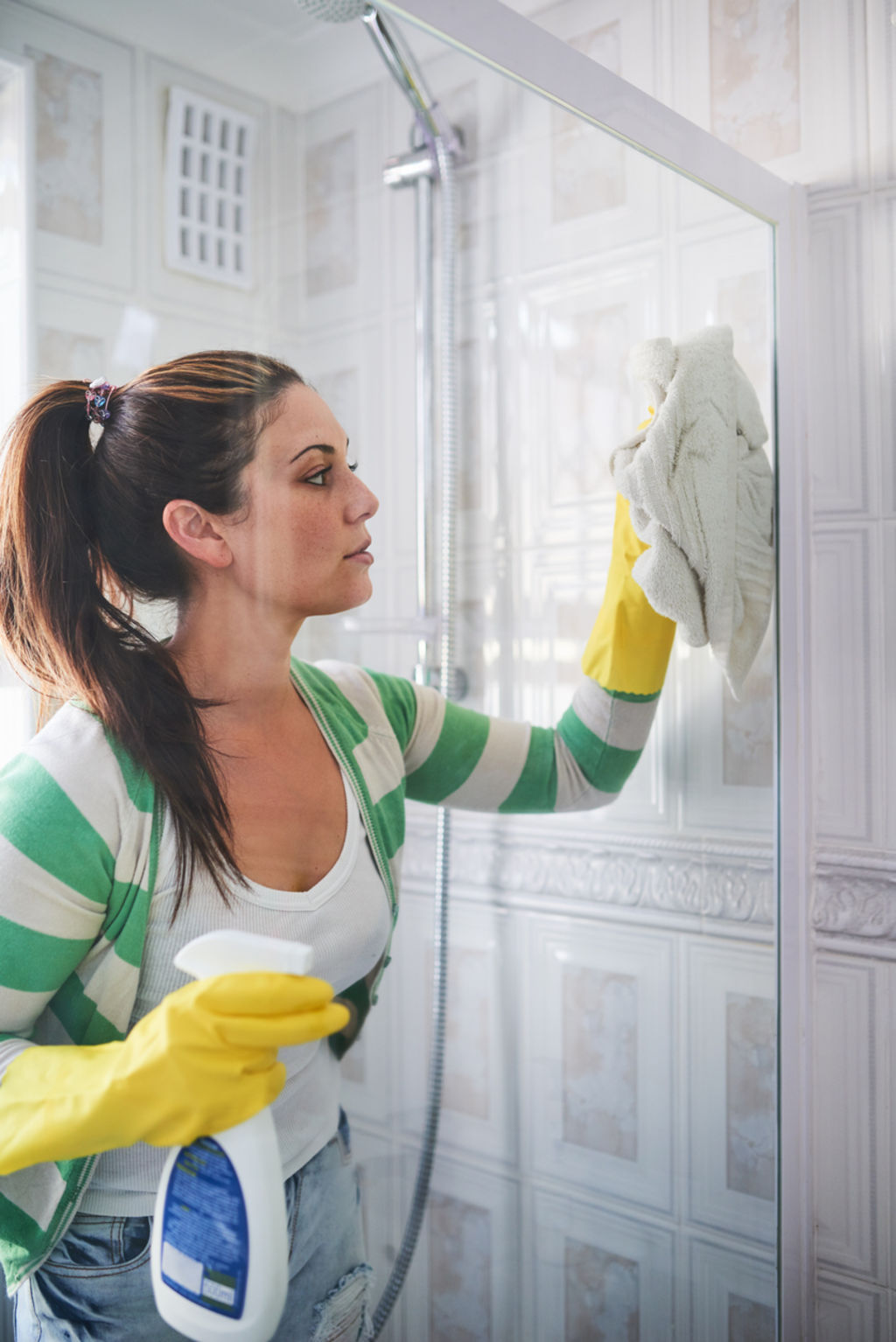
“Mould is a problem in many homes and can cause serious health issues,” says Bennett. “Mould will thrive where there’s moisture, so eliminate any leaks and dry the wet areas daily. Ventilate your home by opening windows or using extraction fans to remove excess moisture.”
Sleep better
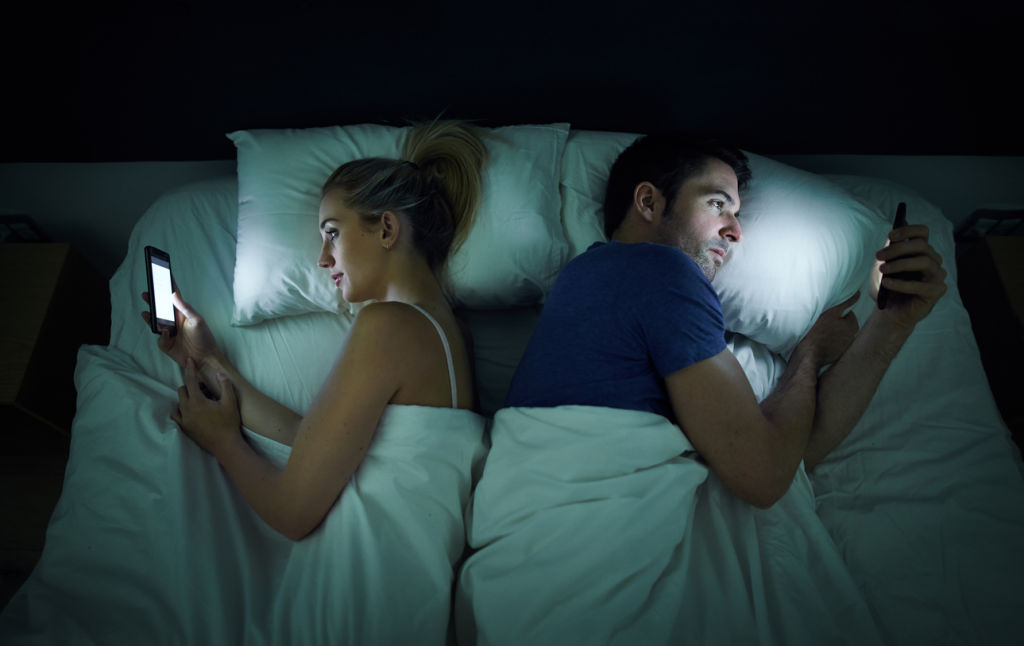
“To ensure a great night’s sleep and enable the body to rest and repair, switch off all devices at least an hour before bed,” says Bennett. “Blue light from devices can trick our brain into thinking it’s daytime, so disconnect after dark.”
We thought you might like
States
Capital Cities
Capital Cities - Rentals
Popular Areas
Allhomes
More
